In recent years, smart locks have gained immense popularity as a modern alternative to traditional keys. Promising convenience, keyless entry, and remote access, these devices have become a staple in smart homes. However, a growing number of reports suggest that some smart locks may not be as secure as advertised. Disturbing claims have surfaced, alleging that certain models can be hacked in as little as 10 seconds, raising serious concerns among consumers.
The controversy erupted after a series of viral videos demonstrated how easily some smart locks could be bypassed using simple techniques. In one widely shared clip, a supposed burglar used a small device to intercept the lock's Bluetooth signal, granting instant access without any signs of forced entry. Another video showed how a common screwdriver could dismantle a poorly designed smart lock within seconds. These revelations have sparked heated debates about the true security of these high-tech devices.
Manufacturers have been quick to respond to these alarming reports. Leading smart lock companies issued statements emphasizing that their products undergo rigorous security testing. Some brands pointed out that the vulnerabilities shown in the videos only affected older or low-end models, while their premium lines incorporated advanced encryption and tamper-proof mechanisms. A few companies even offered free upgrades or replacements for customers who owned potentially vulnerable units.
Security experts remain divided on the issue. While some argue that no lock is completely invulnerable, others stress that many smart locks actually provide better protection than traditional locks when properly implemented. The real problem, according to these specialists, lies in consumer education. Many users fail to change default passwords, neglect firmware updates, or purchase cheap knockoffs without proper security certifications. These oversights create opportunities that criminals can exploit.
The debate extends beyond technical specifications to fundamental questions about digital security in our daily lives. As more household devices connect to the internet, the potential attack surface for criminals expands dramatically. Smart locks represent just one facet of this broader challenge. Consumers must weigh the convenience of keyless living against potential security risks, while manufacturers face increasing pressure to prioritize safety over flashy features.
Industry analysts predict this controversy will lead to stricter regulations and certification standards for smart locks. Some countries are already considering legislation that would require minimum security protocols for internet-connected locks. Meanwhile, insurance companies have begun adjusting their policies, with some refusing to cover homes protected solely by certain types of smart locks.
For consumers caught in the middle, experts recommend several precautions. Researching products thoroughly before purchase, opting for brands with proven security track records, and maintaining good digital hygiene can significantly reduce risks. As the technology matures, the hope is that smart locks will deliver on their promise of combining convenience with robust security, rather than forcing users to choose between the two.
The smart lock industry stands at a crossroads. How companies address these security concerns in the coming months could determine whether smart locks become the new standard for home security or remain a niche product for tech enthusiasts willing to accept the risks. One thing is certain: as hacking techniques evolve, so too must the defenses of these digital guardians at our doors.

By /Jun 14, 2025

By /Jun 13, 2025

By /Jun 13, 2025
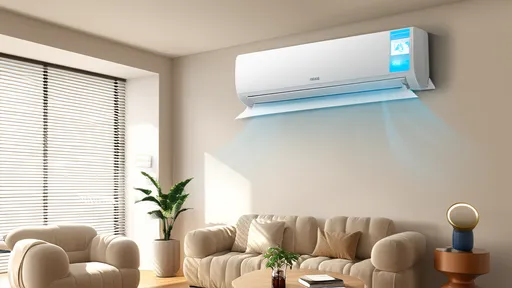
By /Jun 13, 2025
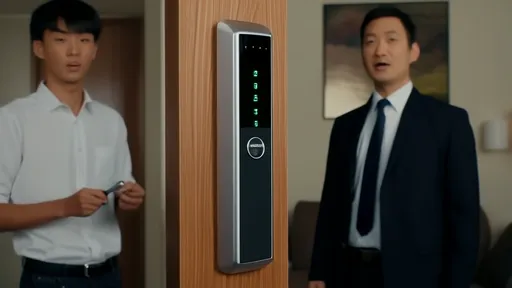
By /Jun 13, 2025

By /Jun 13, 2025

By /Jun 13, 2025

By /Jun 13, 2025

By /Jun 13, 2025
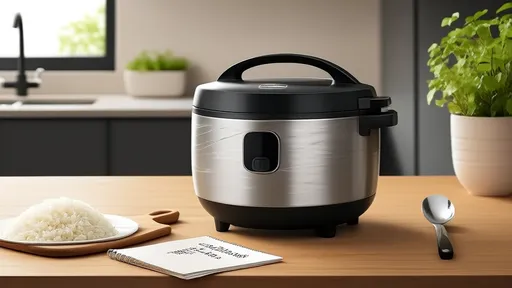
By /Jun 13, 2025

By /Jun 13, 2025

By /Jun 13, 2025

By /Jun 13, 2025
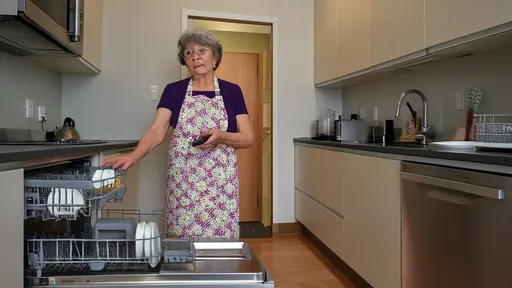
By /Jun 13, 2025

By /Jun 13, 2025

By /Jun 13, 2025
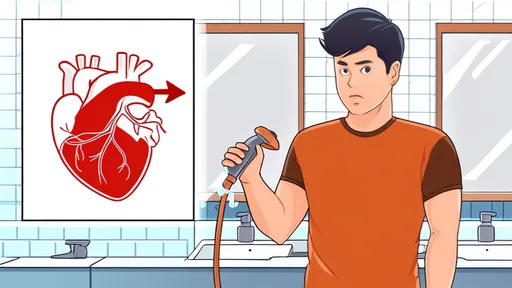
By /Jun 13, 2025
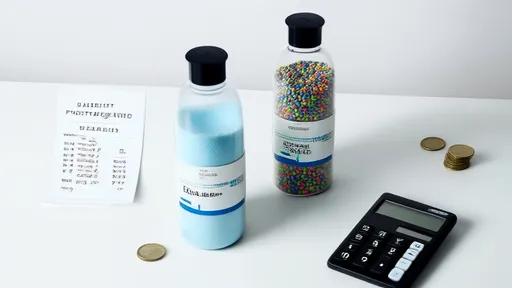
By /Jun 13, 2025

By /Jun 13, 2025
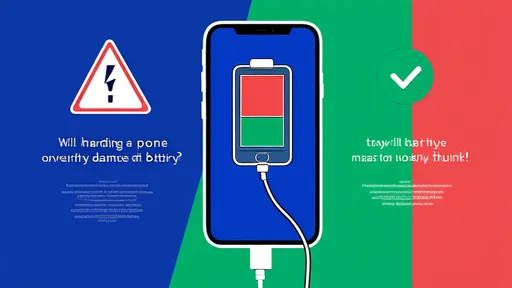
By /Jun 13, 2025